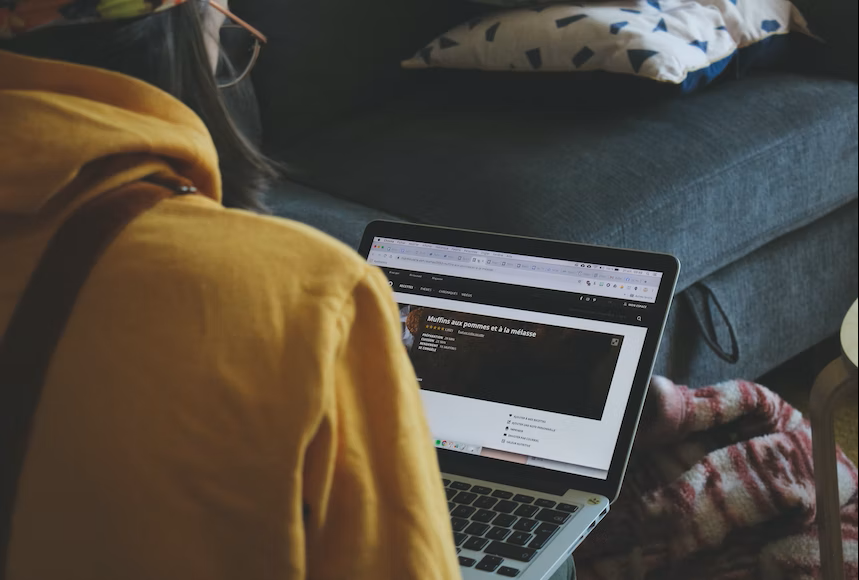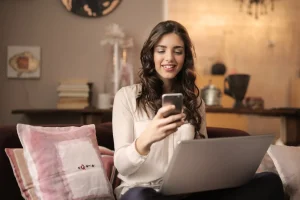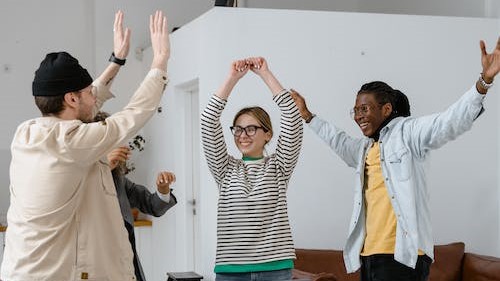
The online world
While many may be revelling in being more connected than ever through Facebook, Instagram, WhatApp, TikTok, email, Zoom, text, Hangouts or Slack. I’m reflecting on how it must feel if this is a hostile world for you.
No escape
Bullying used to be a thing that only happened in the playground, the streets or the work-place, as wrong as these types of bullying are, at least the victim can go home and retreat to a place of safety. As our world gradually shutdown we turned to the online world to keep our society going. What if you’re a victim of cyber-bullying, there’s no escape, you bully follows you around in your pocket.
A report in 2017 showed, of young people who experienced cyber-bullying:
- 23% turned to self harming behaviours such as cutting
- 24% had suicidal thoughts
- 10% attempted to take their own lives
Just imagine being a victim of cyber-bullying, being told to stay at home. The only way to connect with your friends or colleagues is via technology but this is how the bullies reach you. There’s no escape, so how do you build a support network?
Multiple connections

The online world, for some people, is a daunting one. Being connected 24/7 isn’t comfortable for everyone. How many apps do we have connecting us? These notifications pinging multiple times a day! Is this really a positive thing? If you’re an introvert, a little energy is sapped with every app notification, this can be exhausting!
Don’t get me wrong, I’m incredibly grateful that I’m more in contact with the people that matter to me but do I really need to be a member of 9 WhatApp groups? The fact there are multiple people asking questions online such as “how do I see a message without marking it as “read”?” should make us realise many people are anxious or at least ambivalent about being connected!
A barrier can make you confident
Having a screen as a barrier can make some people feel more confident and they may say things they wouldn’t ordinarily say face-to-face; this could be used for good, perhaps online counselling has worked positively for some people – I’ve certainly found it easier than I thought I would!
However, recently my mental health has been knocked by how I was treated on a Zoom call. Perhaps the screen helped the other person feel more confident, whereas the screen exaggerated my discomfort and I felt I could’t stand up for myself. I wondered if I’d over reacted but the facts speak for themselves, I suffered online harassment. Now I question the safety of this space.
THINK before you post
When you post something on social media do you always stop and THINK about why you’re doing it? Is it to share something that’s:
- True
- Helpful
- Inspiring
- Necessary
- Kind
Although I make sure the things I post fit these categories, I’m not going to deny, “likes” give me a bit of a buzz! But it’s important, we don’t translate that “like” into “that means someone likes me“, because it therefore means, if no one likes your post, no one likes you and this simply isn’t true, it’s all about the social media algorithm! We cannot use the online world to boost our self esteem or self confidence!
Remember if you post anything, it will be there forever, no matter if you make it private or delete it later, it’s still there, if someone wants to find it, they will.
Accessibility
People have been asking for the work place to be made accessible for years. In March, when the governments asked for everyone to work from home, IT departments across the world worked day and night to make this happen and it did! Now, people with various disabilities can work remotely and access the work place like never before, this is fantastic! Why did is take a global pandemic for this to happen?!
Use the right technology

We do need to be careful that we’re not just using technology for the sake of it. Just because it’s there doesn’t mean we have to! There’s so much choice, it’s sometimes a case of using what’s right! For example, WhatApp is a communication tool, for chatting and sharing snaps, nothing else. Equally Facebook is not the place to go for accurate news. Share photos and catch up with your friends on social media, gather accurate up to the minute news from trusted media outlets such as the BBC or directly from the World Health Organisation.
I’ve loved being involved in a couple of virtual orchestras, putting together my own multi-track musical arrangements and seeing other people doing all sorts of combined musical extravaganzas – it’s simply remarkable the time, effort and expertise that’s gone into these wonderful creations!!
But in our race to survive and stay “connected” and we shouldn’t forget the history we’re laying down. For example, YouTube provides us with extensive public library that could be studied in generations to come. Just imagine the assignment for teenagers in 2030 “Compare and contrast Jewish and Christian Services posted on YouTube May-June 2020”. They’re all there for everyone to see! (I’m not saying don’t do it, just saying, take time to do it well.)
It’s ok to say “no”
Fear-of-missing-out (FOMO) can be a real anxiety, I’ve been caught out. I go along with the crowd, even though I know it’s not good for me or things aren’t being done as well as they could be but I struggle to speak up. Sometimes, however, it’s best just to have a break. Turning off our devises, turning off notifications or muting the apps can bring a sense of relief. By managing the time spent with our devises we’re managing our well-being.
I’m only scratching the surface of this massive topic as everyone’s experience is different. I’ve just been aware we’re using technology because it’s been invented rather than technology being invented because we need it. Just because the latest apps are available, doesn’t mean you need to use them! I love technology, don’t get me wrong but we need to think about how we use it in order to manage our mental health.




